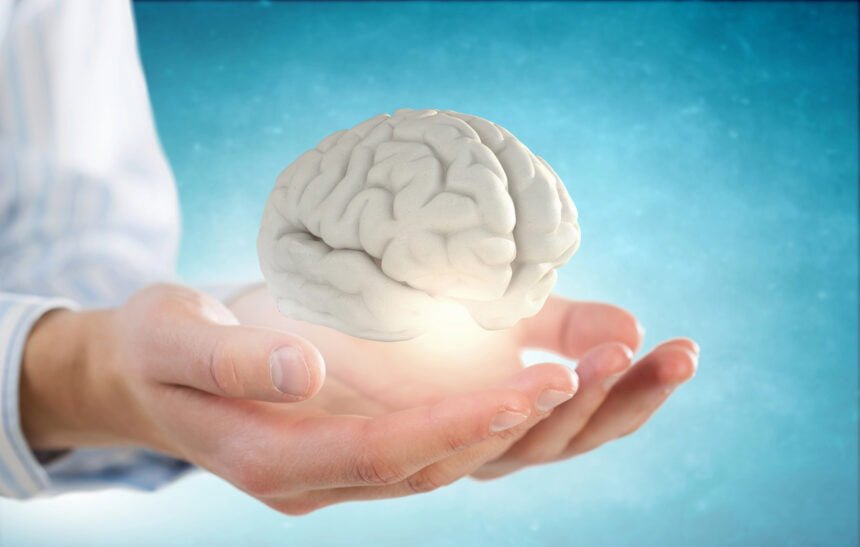During the path of addiction recovery and dealing with mental health, self-care is a crucial element. Good self-care helps in the healing process and also keeps overall wellness intact. Consider these helpful ways to take care of yourself in order to manage mental health and maintain your progress with addiction recovery:
Establish a Routine
In recovery, making a structured plan for each day is very crucial. Such routines provide steady and expected patterns that could potentially decrease feelings of anxiety or pressure. Ensure to include similar waking up hours, eating meals that are balanced and doing exercise as well as work plus leisure time in your planning. A normal daily schedule can decrease the chances of relapse because it prevents a person from going back to their old ways and helps them focus on achieving recovery goals.
Prioritize Physical Health
Physical health and mental well-being are closely connected. When we engage in physical activities such as walking, running or practicing yoga, it triggers the release of endorphins which bring about feelings of happiness while reducing stress levels. Maintaining a balanced diet that includes an assortment of fruits, vegetables along with lean proteins devoid from fat content and whole grains can promote better overall health while aiding to manage moods. Sleep is crucial too; aim for 7 to 9 hours of high-quality sleep every night. This will improve your emotional strength and brain performance.
Practice Mindfulness and Relaxation Techniques
Mindfulness and relaxation are very beneficial to manage stress and prevent relapse. Activities like meditation, deep breathing exercise or progressive muscle relaxation help in calming the mind while reducing anxiety levels. Regular practice of mindfulness increases self-awareness which helps in identifying and managing cravings or negative thoughts before they escalate. You can gather knowledge on various mindfulness exercises or relaxation methods with the help of apps and online tools.
Build a Support Network
For getting better, a system of support is very important. You need people around who are understanding, helpful and dedicated to your health. These can be family members, friends or groups that give support like counselors for example. When you meet a therapist or counselor, you frequently receive expert advice and guidance. When you join support groups, it is common to share similar experiences and get motivated from others who have faced similar problems.
Set Realistic Goals
Breaking big goals into smaller parts is good for maintaining motivation and making headway in getting better. Relish each achievement, even if small or large, to enhance a sense of accomplishment and maintain focus on the general recovery procedure. Ensure your goals are specific, measurable, and time-bound to track your progress effectively.
Engage in Hobbies and Interests
Engaging in activities that bring joy and purpose might serve as a nice distraction from cravings and stressors. For example, you could do hobbies such as painting, gardening, reading books or playing an instrument to make yourself feel useful and happy. These actions could possibly enhance your state of mind while also providing a productive outlet for energy and creative expression.
Avoid Triggers and High-Risk Situations
Understanding and Avoiding Triggers: It’s important for you to recognize the situations or places, also known as triggers, that could make you want to use substances or create emotional difficulties. For instance, it might be helpful if someone avoids going to certain locations where substance use is frequent. Another method is setting limits with individuals who could harm your recovery process; this action might involve reducing contact with them or seeking support elsewhere. By learning how to handle and avoid these triggers, it becomes possible not only to safeguard the progress made but also strengthen dedication towards staying sober while maintaining good mental health.
Practice Self-Compassion
The journey of recovery is a trip with ups and downs. In difficult moments, be gentle to yourself, observe your efforts and progress. Do not judge yourself and recognize that going back is normal on the path of recovery. Treat yourself with the same kindness and understanding you would offer a friend who is experiencing similar difficulties.
Seek Professional Help When Needed
For mental health issues that last a long time or when symptoms come back, it is crucial to not wait and seek treatment centers for addictions. Therapists, counselors and those who specialize in addiction can provide beneficial direction and steps matching your situation. This kind of assistance ensures you receive treatments grounded in evidence, as well as strategies for dealing with difficulties while maintaining your advancement steady.
Develop Healthy Coping Mechanisms
Assemble and utilize good ways to cope with stress, it plays a vital role in managing stress and staying away from old habits. Whether you write in a journal, engage in creative activities or take on problem-solving tasks – they all provide useful methods for handling difficulties as well as feelings. When you discover what works best to handle tough situations, it helps you grow stronger and keep your recovery intact over the course of time.
In the end, self-care is crucial for managing mental health and aiding in addiction recovery. People can utilize these simple yet effective self-care techniques to establish a steady and nurturing environment that promotes healing and growth. Emphasizing on physical well-being, forming a supportive group, setting realistic targets, and staying aware all contribute towards maintaining good mental health while attaining prolonged improvement.









